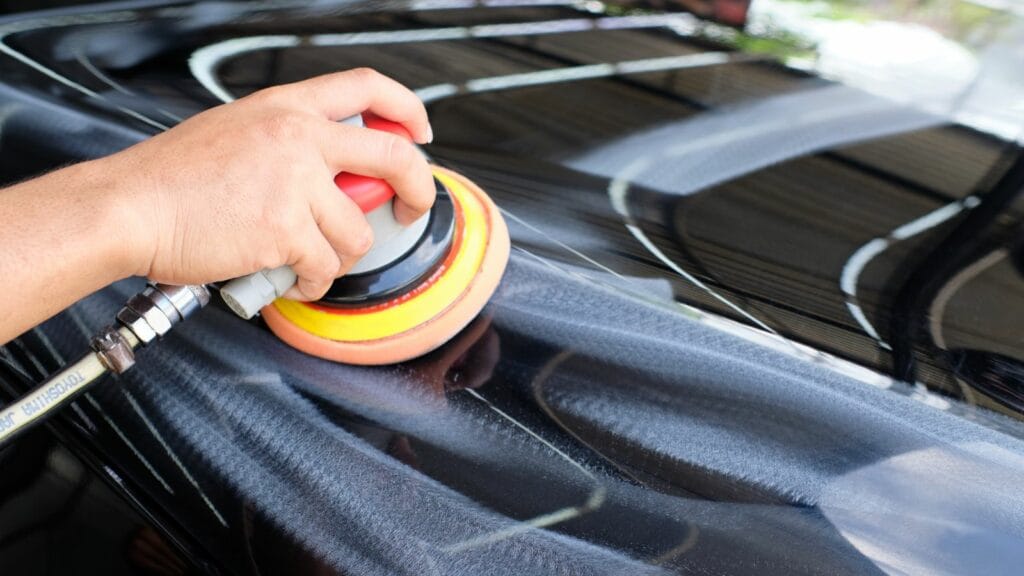Keeping your car clean feels good, but using the wrong products can cause damage that no amount of elbow grease will fix. From stripping away protective coatings to leaving permanent scratches, certain household cleaners just don’t belong anywhere near automotive surfaces. Here’s a list of products to avoid, along with what you should be using instead.
Dish Soap
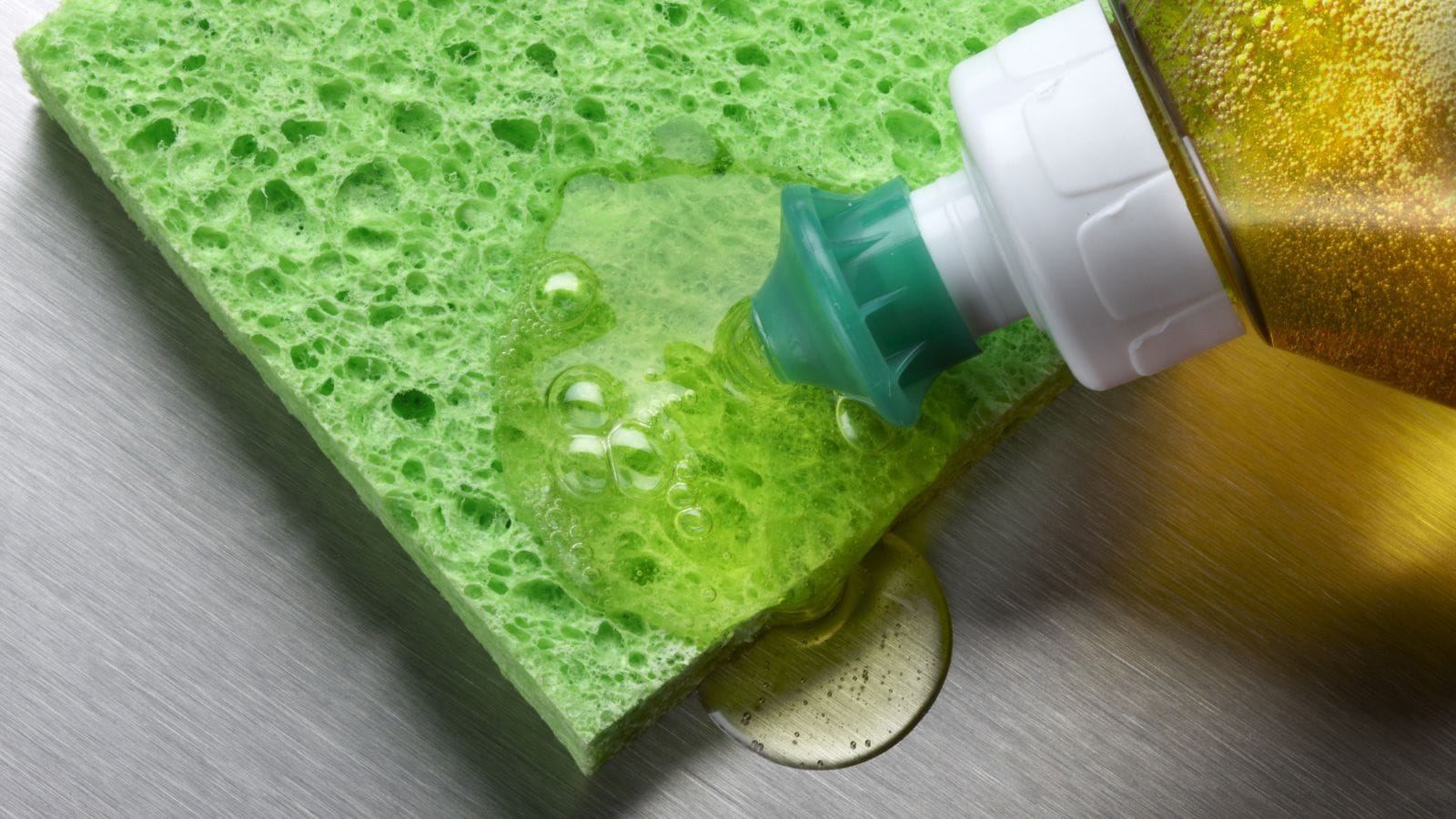
It might cut through grease on pots and pans, but dish soap is brutal on car paint. It strips wax and sealants completely, leaving the paint unprotected against sun, rain, and road salt. A friend once washed his newly waxed ’65 Mustang with dish soap, and the gloss disappeared in one afternoon. Use a pH-balanced car shampoo to keep your protection layers intact.
Glass Cleaner with Ammonia
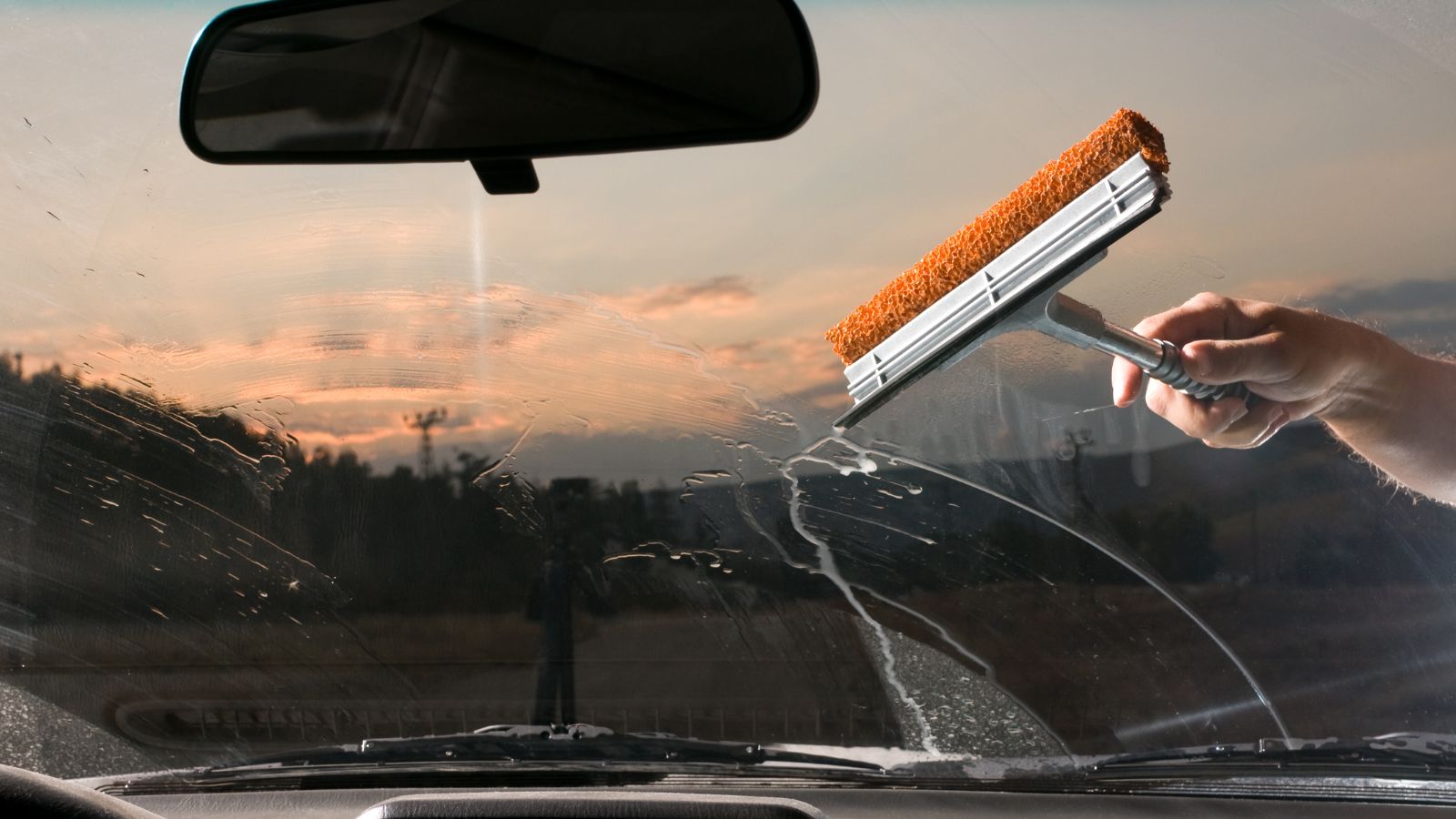
Ammonia-based cleaners can cause tinted windows to bubble and peel, and they dry out rubber seals. Even worse, they can leave stubborn streaks on windshields. If you drive something with aftermarket tint, like a ’90s Camaro or Civic, an ammonia cleaner can ruin it in weeks. Use an ammonia-free automotive glass cleaner for a streak-free, tint-safe shine.
Abrasive Scrubbing Pads
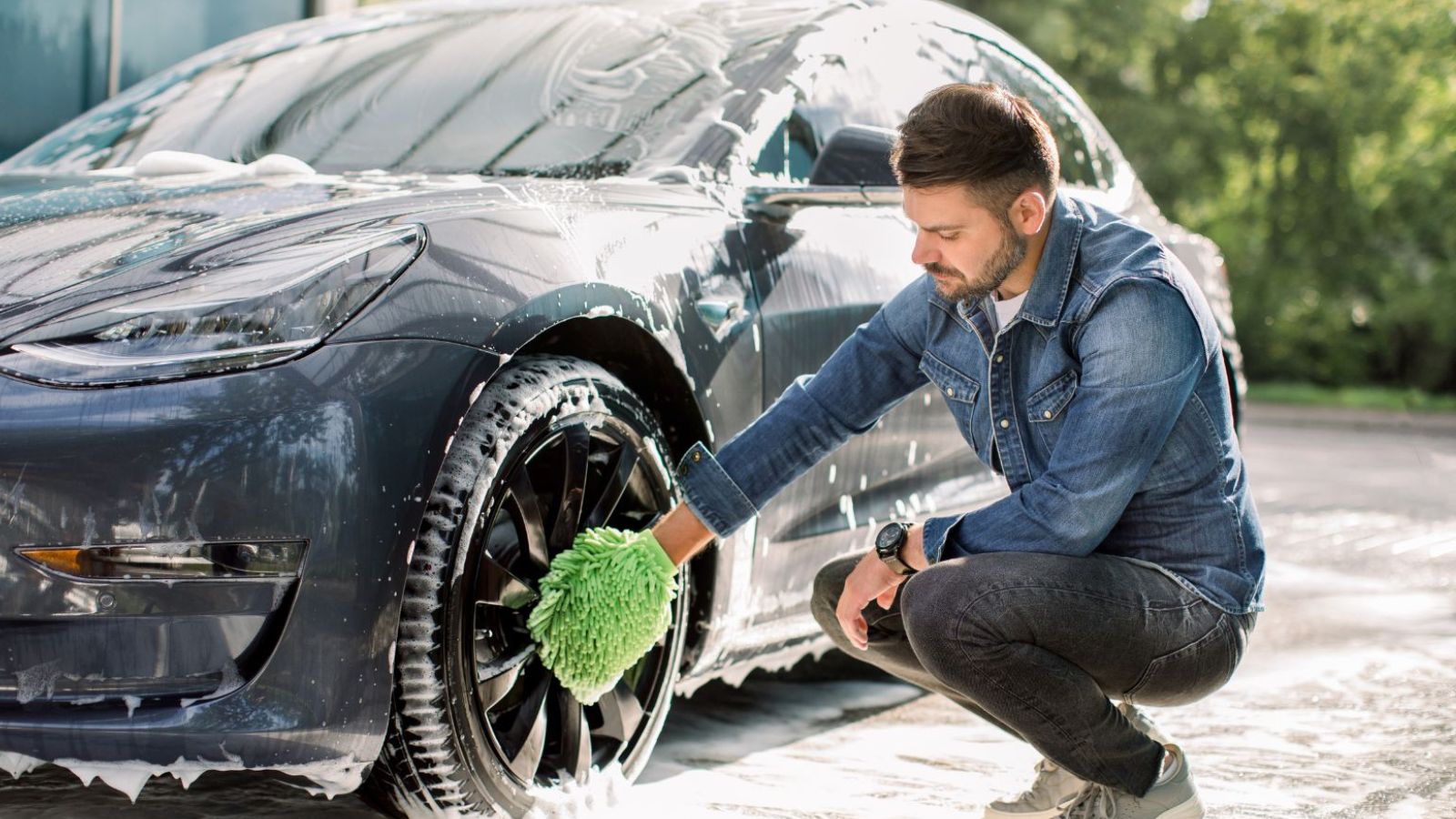
That green kitchen pad might work for burnt lasagna pans, but it will scratch clear coats, chrome bumpers, and even glass. Once you scratch chrome, it’s not an easy fix. Stick with microfiber towels or soft wash mitts — your paint will thank you.
Laundry Detergent
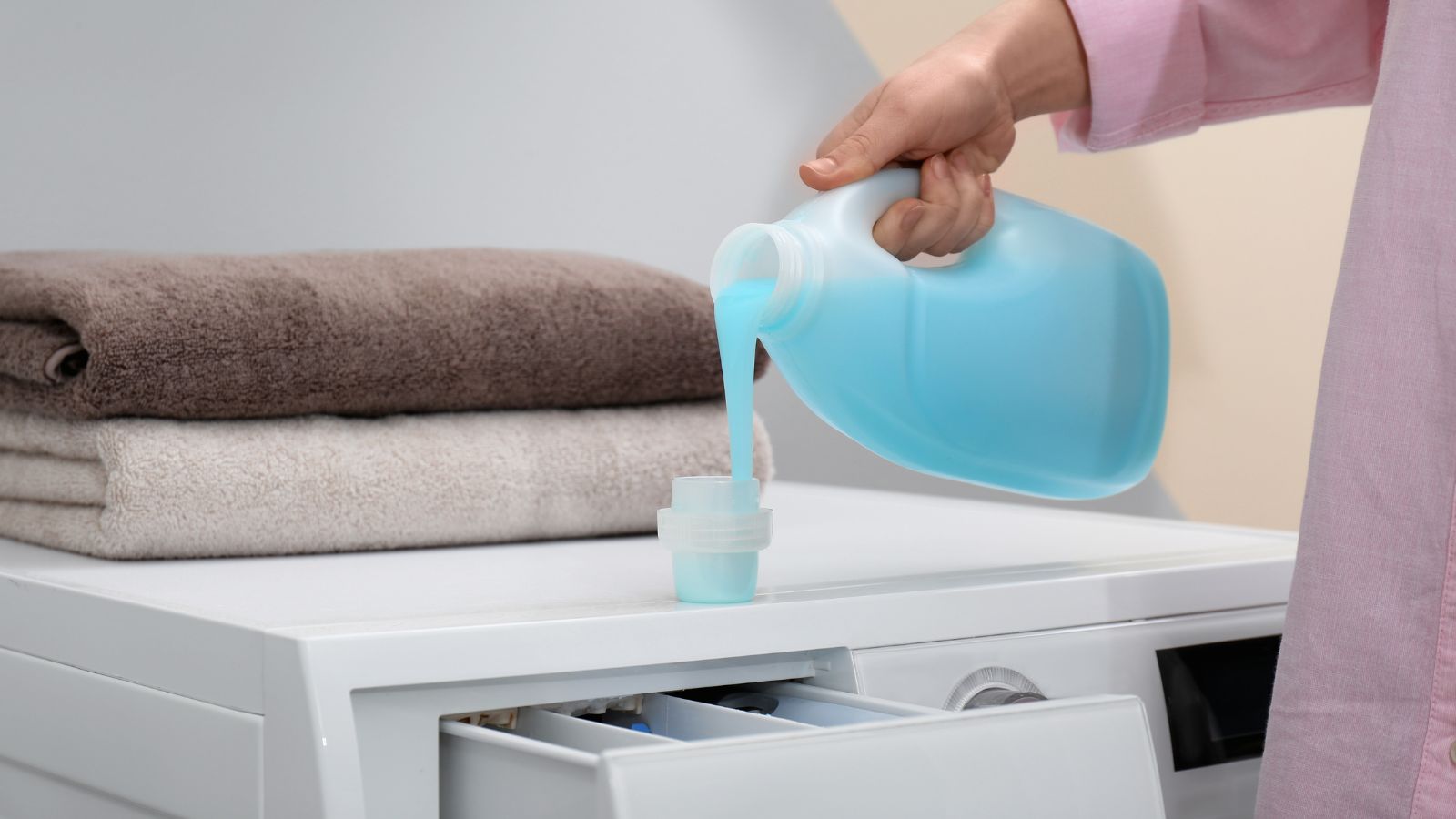
It might smell fresh, but laundry detergent leaves a film that dulls paint and reacts badly with protective coatings. The optical brighteners can make paint fade unevenly over time. A neighbor once tried it on his daily driver, a black Dodge Charger, and within weeks the finish looked chalky.
Household Bleach
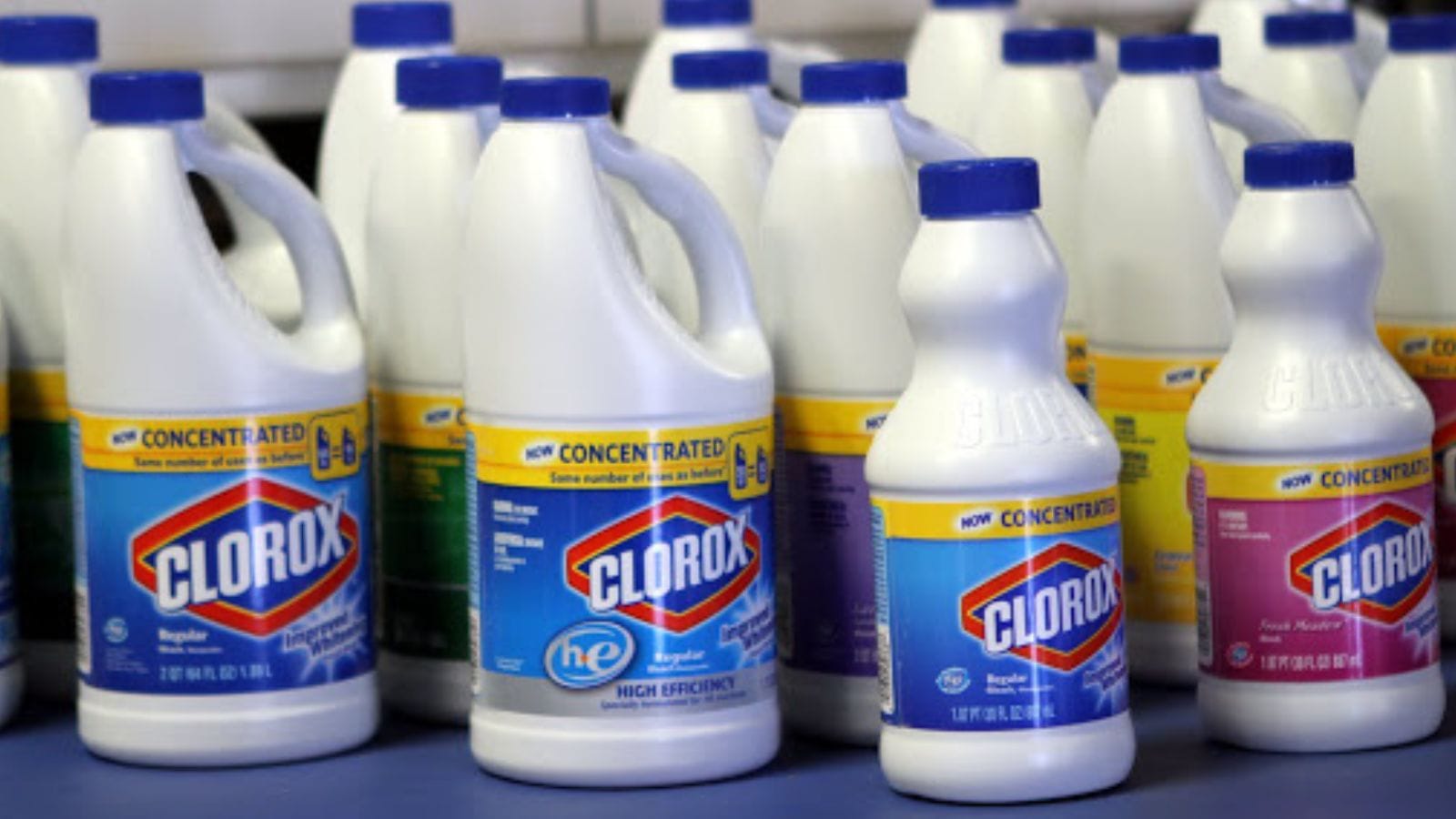
Bleach can permanently stain upholstery, fade plastics, and corrode metal. Even a small drip on a floor mat can leave a pale, brittle patch. If you need to tackle mold or mildew in a classic car stored over winter, use a dedicated automotive fabric cleaner or mold remover instead.
Vinegar on Paint

Vinegar works on mineral spots on glass, but it is acidic enough to eat into clear coat if used repeatedly on paint. An owner of a silver BMW E30 learned this the hard way — his “quick detail” trick with vinegar dulled the paint so much it needed professional polishing. Keep vinegar for your windows only.
Furniture Polish
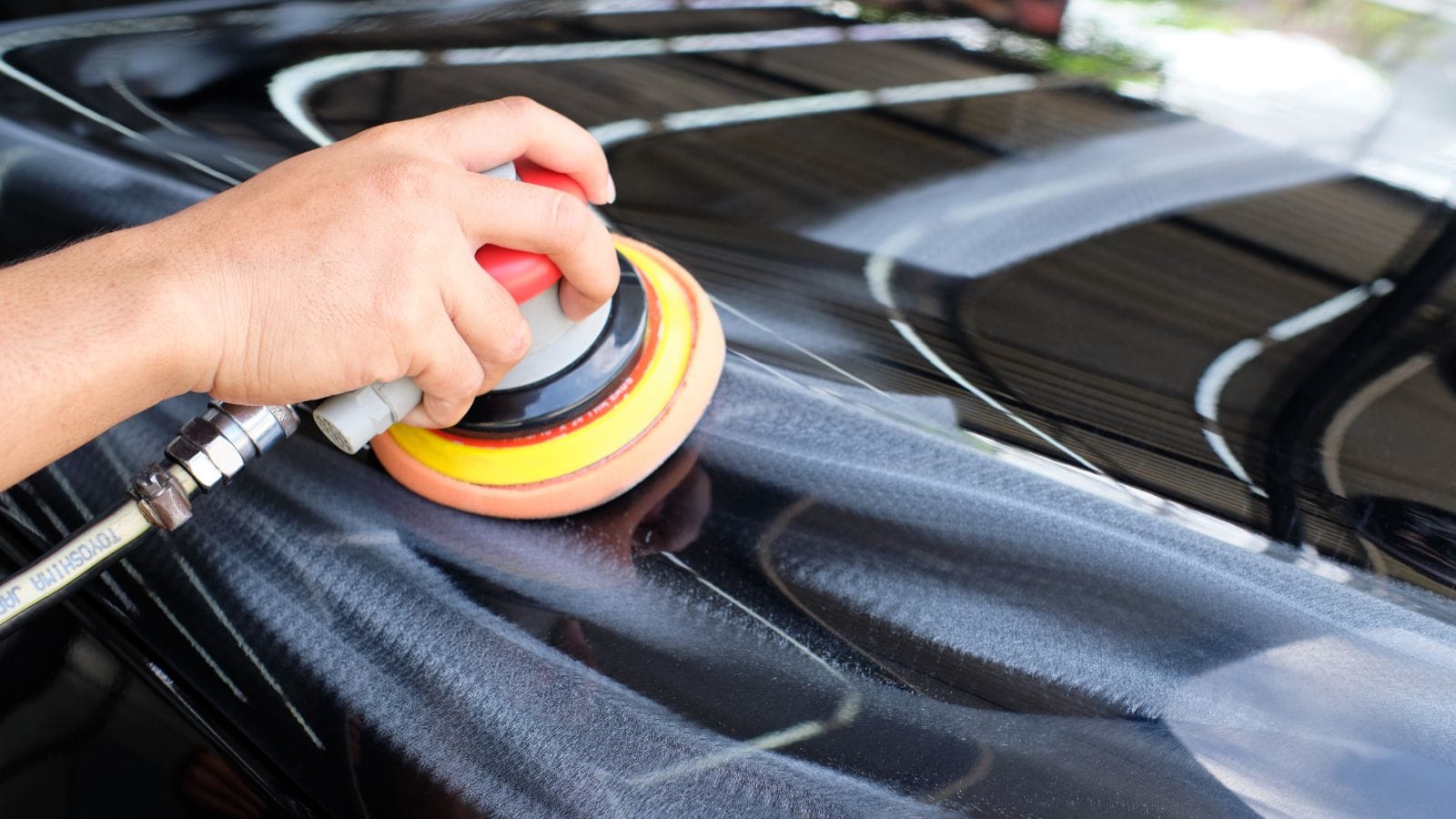
The shine it leaves is temporary, and the oily residue attracts dust like a magnet. Worse, some polishes can cause hazing or streaks on plastic dashboards over time. Instead, use a dedicated interior protectant that conditions and adds UV protection without the greasy feel.
Paper Towels on Paint or Glass
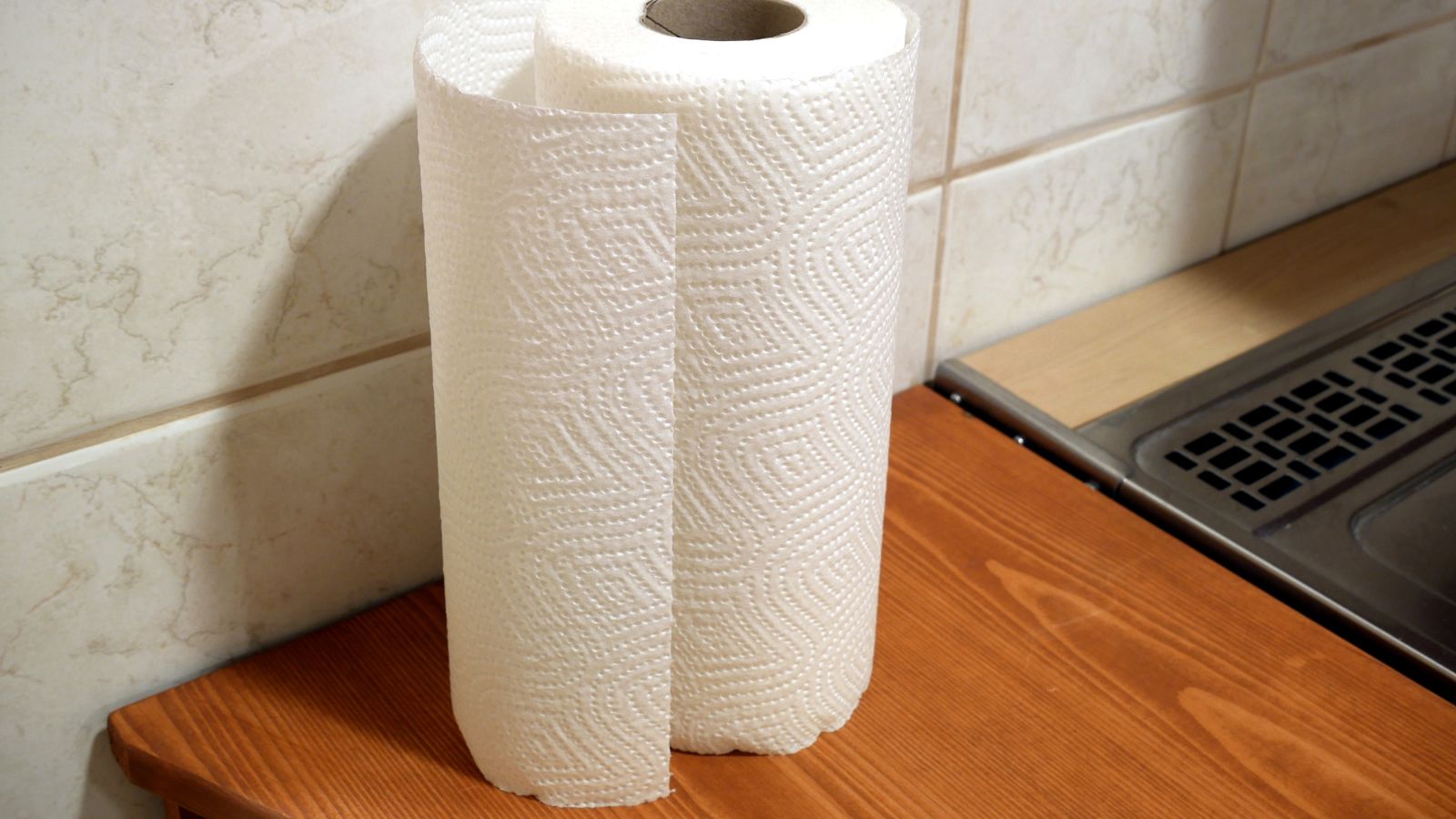
Paper towels have tiny wood fibres that act like sandpaper under pressure. Over time, they leave swirl marks on paint and micro-scratches on glass. Microfiber towels are safer, softer, and reusable, an easy investment that can save your paint.
Bathroom Tile Cleaner
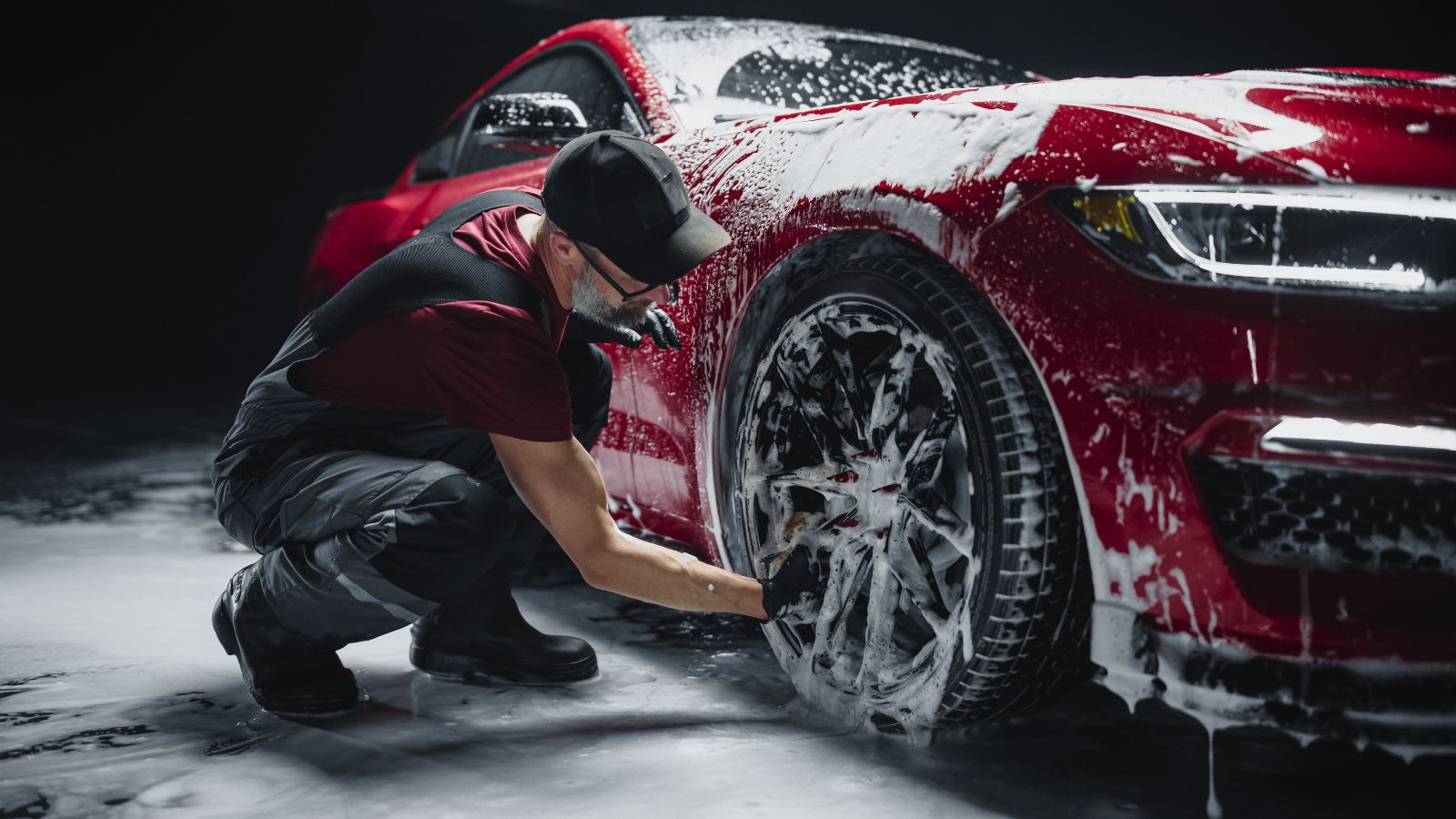
Formulated to blast through mineral buildup, these cleaners can etch paint and stain trim in seconds. One classic Corvette owner used a tile cleaner on his whitewall tires and ended up with streaked chrome trim and faded rubber. Stick to automotive wheel and tire cleaners.
All-Purpose Household Cleaners
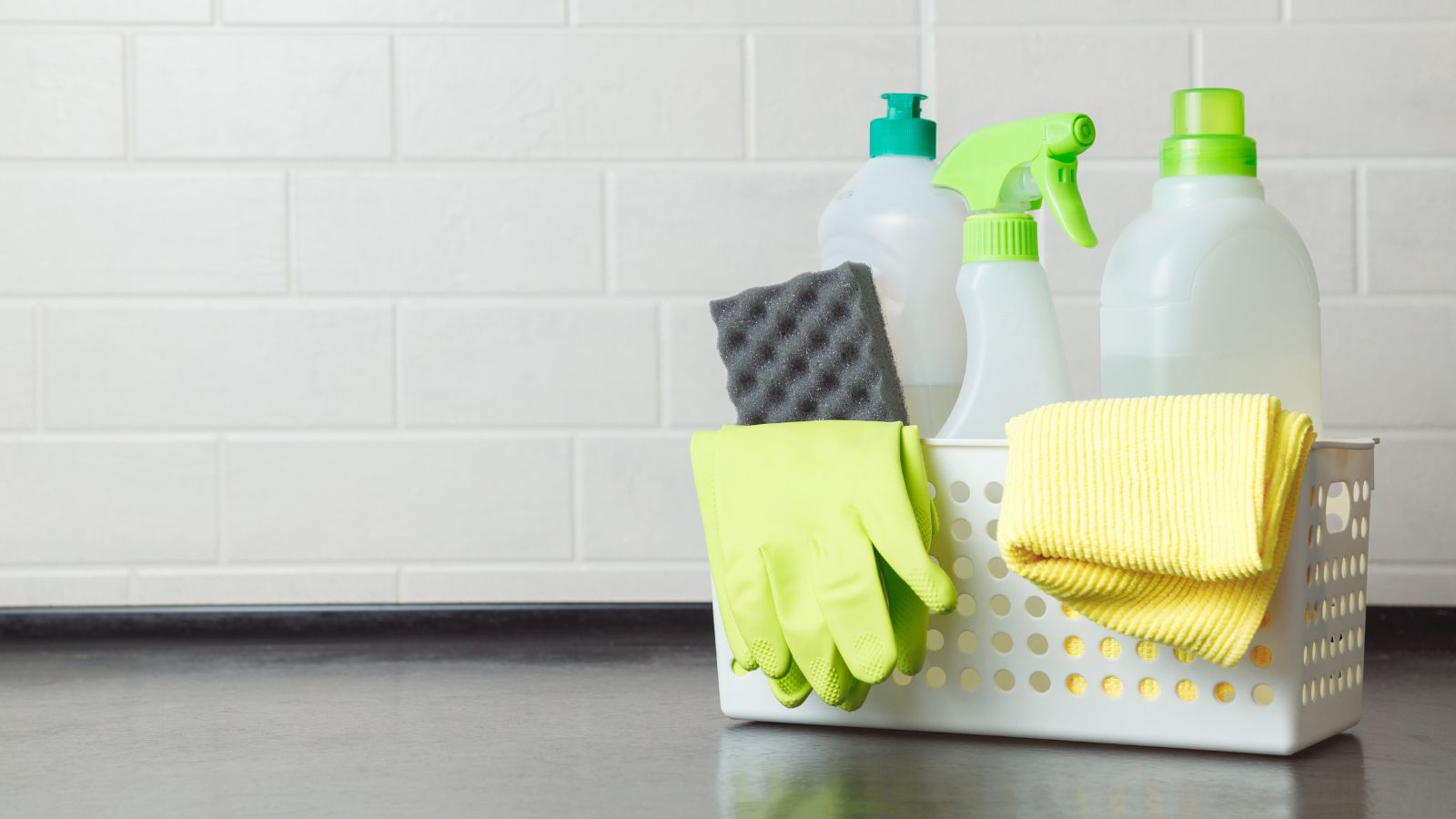
Many all-purpose sprays contain strong solvents that will strip wax, discolour plastics, and weaken adhesives for badges or trim. While they might be fine for countertops, they are too aggressive for most automotive surfaces. Always go for surface-specific automotive cleaners.
Pressure Washers Too Close to the Surface
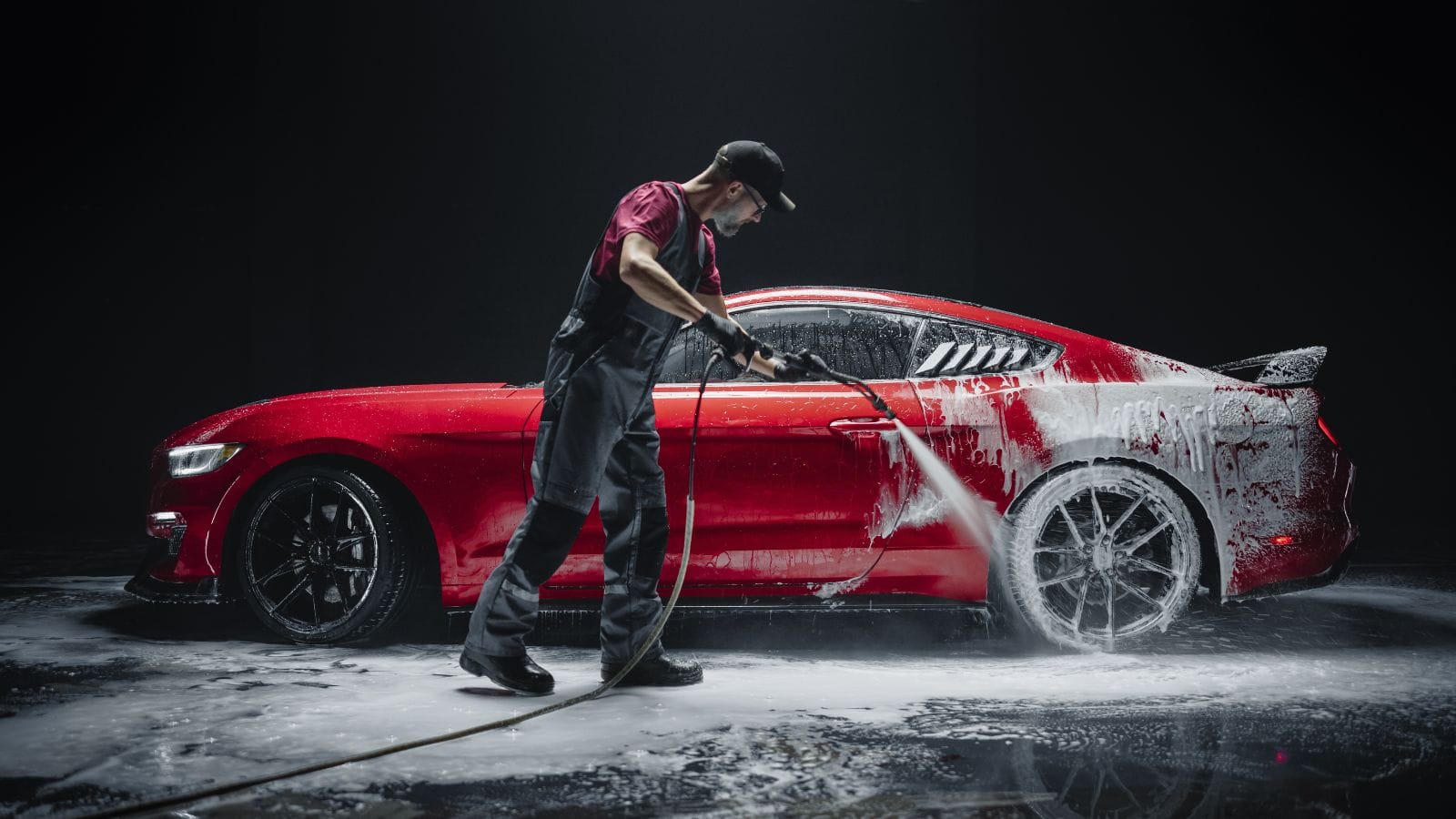
A pressure washer is great for blasting off grime, but hold it too close and you can strip paint, damage decals, or force water into seals and electronics. A friend once pressure washed his Jeep Wrangler’s engine bay up close and ended up replacing sensors. Stay at least two feet back with a wide spray pattern.
Cheap Tire Shine Sprays
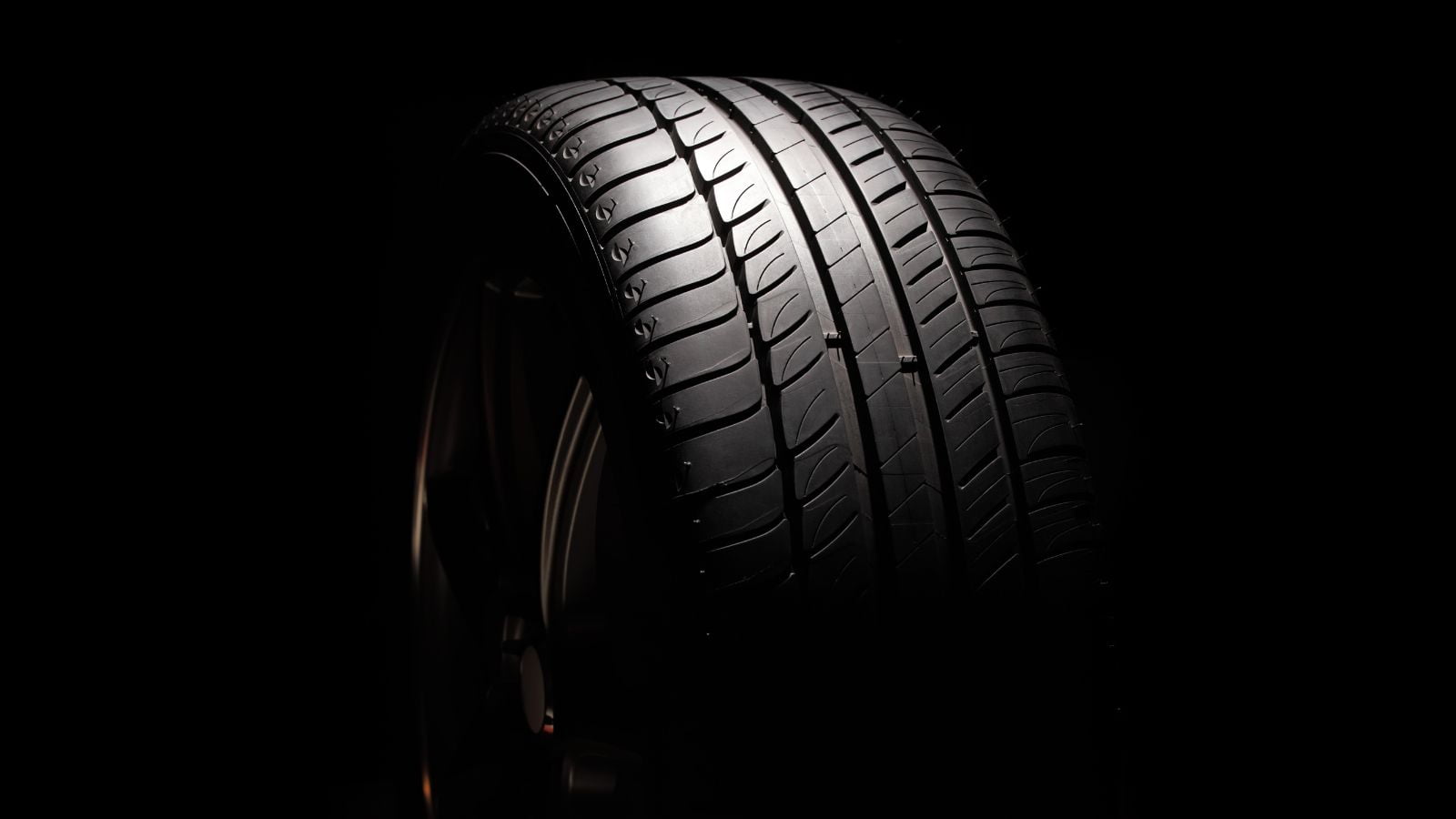
Low-cost tire shines often contain petroleum products that can dry out rubber and cause cracking. Water-based dressings keep tires looking deep black without harming the rubber. Over time, they also prevent that ugly brown haze older tires get.
25 Facts About Car Loans That Most Drivers Don’t Realize

Car loans are one of the most common ways people fund car purchases. Like any other kind of loan, car loans can have certain features that can be regarded as an advantage or a disadvantage to the borrower. Understanding all essential facts about car loans and how they work to ensure that you get the best deal for your financial situation is essential. Here are 25 shocking facts about car loans that most drivers don’t realize:
25 Facts About Car Loans That Most Drivers Don’t Realize
